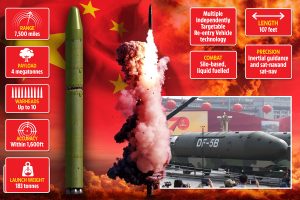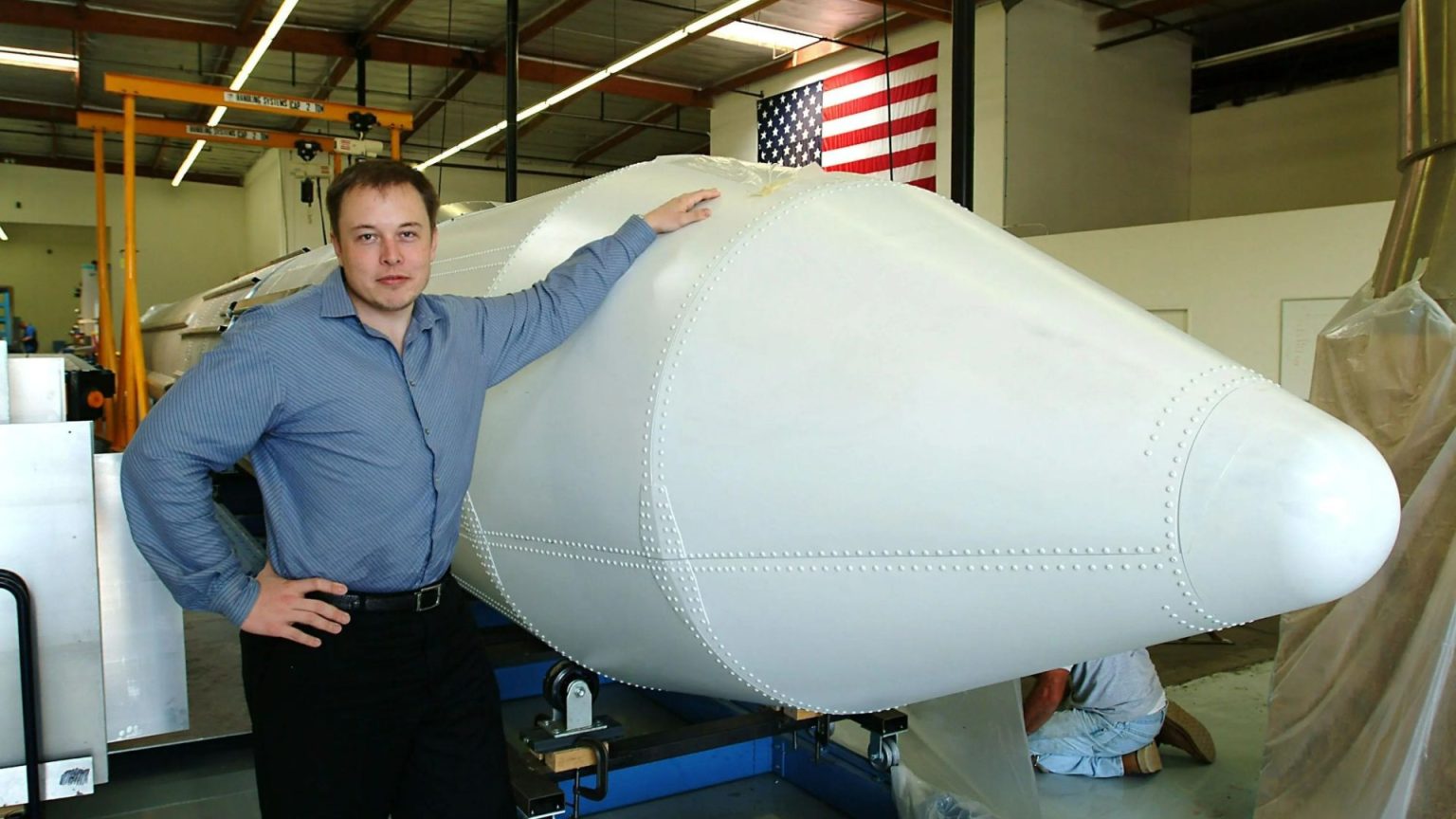Elon Musk and Jeff Bezos, two of the world’s wealthiest individuals, are locked in a fierce competition to dominate the burgeoning commercial space industry. Both their companies, SpaceX and Blue Origin, respectively, have achieved significant milestones, but their approaches and ultimate goals differ in key ways. This rivalry, while fueled by personal ambition, has the potential to dramatically accelerate humanity’s progress in space exploration and exploitation.
Bezos’ Blue Origin, despite a later start, has achieved notable success with its New Glenn rocket, reaching orbit for the first time in January 2024. This heavy-lift launch vehicle, designed to deploy numerous satellites, supports Amazon’s Project Kuiper, a direct competitor to Musk’s Starlink satellite internet constellation. Blue Origin has also ventured into suborbital space tourism with its New Shepard rocket and is developing Orbital Reef, a commercial space station envisioned as a hub for scientific research, tourism, and manufacturing. Significantly, Bezos has personally experienced spaceflight, a feat Musk has yet to accomplish.
Musk’s SpaceX, however, boasts a longer history and a more extensive track record. Its workhorse Falcon 9 rocket has revolutionized space access with its reusability, dramatically reducing launch costs. The more powerful Falcon Heavy has also demonstrated its capabilities, and SpaceX has become a key partner for NASA, transporting cargo and astronauts to the International Space Station. Musk’s ultimate ambition, however, lies beyond Earth’s orbit, focused on establishing a human presence on Mars. This driving vision informs SpaceX’s development of Starship, a fully reusable, super-heavy-lift launch system designed for interplanetary travel.
The contrasting approaches of the two companies are evident in their rocket designs. SpaceX prioritizes rapid reusability with its innovative “chopsticks maneuver” for landing and relaunching Starship’s booster stage. Blue Origin, while incorporating reusability, employs a more traditional approach with a reusable capsule and expendable booster. This difference reflects Musk’s emphasis on minimizing launch costs to enable frequent and affordable access to space, while Bezos, though also focused on cost reduction, places a greater emphasis on reliability and a more measured approach.
The rivalry between Musk and Bezos extends beyond rocketry to encompass satellite internet constellations. Both Starlink and Project Kuiper aim to provide global broadband internet access, creating a direct competition in this emerging market. This dual pursuit could accelerate the deployment of these services, benefiting users worldwide. However, the proliferation of satellites also raises concerns about space debris and the potential for collisions, highlighting the need for responsible space management.
Expert opinions are divided on who is leading the space race. While Bezos’ Blue Origin has achieved significant milestones, some argue that Musk’s SpaceX is further ahead due to its more ambitious goals, innovative technologies, and greater focus on cost reduction. SpaceX’s rapid progress with Starship and its successful track record with Falcon 9 and Falcon Heavy have solidified its position as a major player in the commercial space industry. However, Blue Origin’s steady progress and focus on reliability could position it as a key player in the long term. The intense competition between the two companies is likely to drive innovation and accelerate the overall progress of space exploration.




